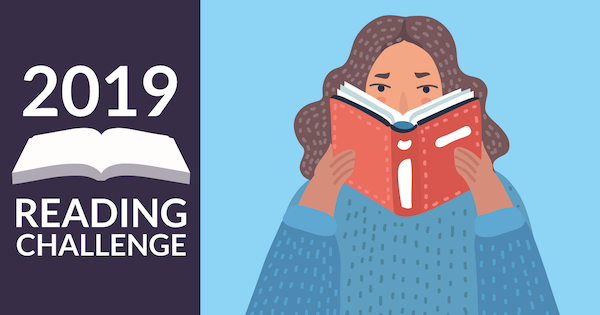Why Do You (or Don’t You) Read More Books?

I’ve been participating in the annual Goodreads Reading Challenge since its inception in 2011 (succeeded five years, failed three), in which you set a personal goal of books to read that year. It’s a nice motivator throughout the year, and a fun little badge each December once I’ve sprinted to the finish, usually with a few short story collections or graphic novels.
This Atlantic article digs into why we effectively “give ourselves homework” in this way with books so much more often than other hobbies usually considered leisure:
Other forms of entertainment straddle that line—watching documentaries, for example, can be both educational and fun—but reading seems to inspire this gamification, homework-ification, and quantification to a unique degree. Perhaps that’s because society tends to view reading as an intrinsic good, whereas other media—movies, TV, the internet—are often seen as time-wasters. “Given many [people] feel they’re consuming too much media, the goal is usually to limit consumption,” Ayelet Fishbach, a professor of behavioral science at the University of Chicago Booth School of Business who studies goals, told me in an email. “In this sense, for many people reading is a virtue—so you want to increase it—while watching TV is a vice—so you try to limit it.”
Then, it goes a bit deeper into why… but not quite deep enough. Not a single interviewee admitted anything along the lines of, “It makes me feel smart. It’s part of my identity — that I’m a person who reads more than most, which isn’t hard, considering over a quarter haven’t read any and the average is only about 12.” Seems like a reporting miss to not get to why.
Why do you read as much as you do? Or not read as much as you do?
What do you get from it beyond the content of the books themselves, or what do you free yourself up to do by not reading more?
What, if any, inherent value is there in reading books at all?
